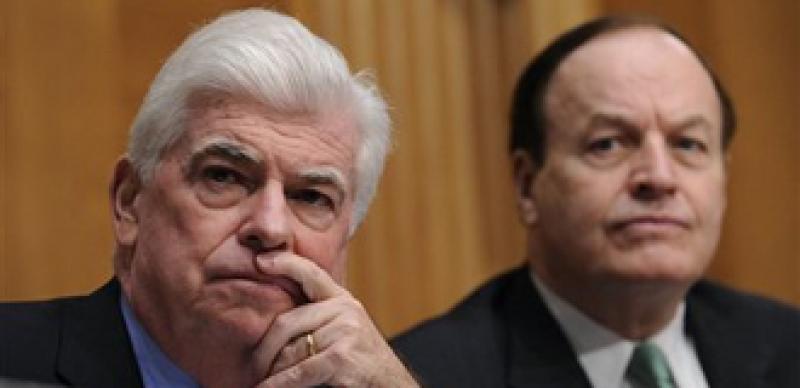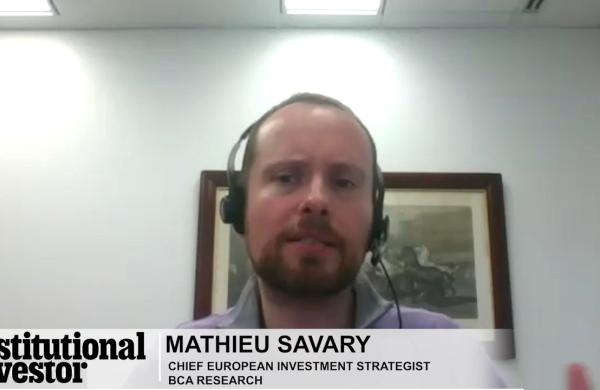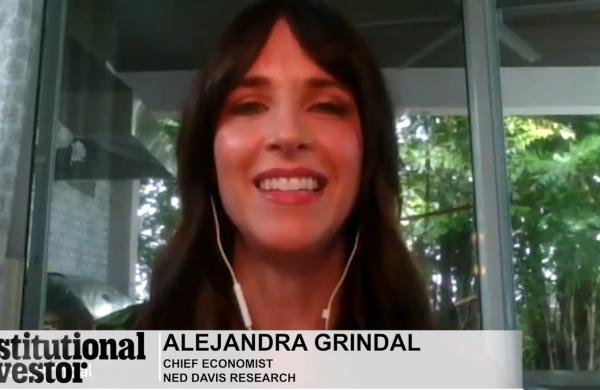You can’t pick up a newspaper or magazine these days, or even surf the Web, without reading about financial reform. Everything from the U.S. Securities and Exchange Commission’s and the U.K. Financial Services Authority’s reviewing market structure to both the U.S. Congress’s and the European Commission’s trying to determine a new regulatory regime seems to be in play.
Not to slight our European friends, whose craziness includes calls to hang speculators — economically, that is — but I’ll focus this column on the U.S., where potential increased regulation threatens to undermine the whole raison d’être of equity markets: capital formation. The SEC, for its part, has recently opined on short-selling, dark pools, sponsored access, flash orders — requesting comment on virtually every aspect of the last 15 years of equity markets regulation — while Congress is focusing on macro issues such as systemic risk regulation, too-big-to-fail, consumer financial products’ protection, executive compensation, derivative regulation, mortgage reform and antipredatory lending, credit agency reform, and hedge fund and private equity registration.
Now, I am not saying that any of this is bad. Well, maybe I am, but is this really the regulation we want? Are we really trying to develop thoughtful legislation to preclude another disaster, or are we extracting our pound of flesh from financial institutions for inflating and deflating the real estate bubble?
Instead of focusing on getting even, we should look at the bigger picture. What do we want from our markets, our economies, our governments and our countries? Do we want an infrastructure where there are eight ways to prosecute every grievance, while starting and growing a business becomes overwhelming? Do we want a country and an economy where only big organizations can survive, while the smaller ones either become chum for larger firms or are relegated to the dustbins of corporate never-never land?
I believe we need to get back to the American dream — the ideal that individuals can create businesses that employ people who can earn enough income to support themselves and their families. We need a financial market that creates incentives for capital formation to allow those businesses to invest, build, employ and grow.
Most of our regulation these days is so deep in the weeds that we are missing the forest and the trees. Many of our current rules and regulations make the formation of capital challenging. From tax and economic policy to Sarbanes-Oxley and equity research restrictions, we are creating barriers that make it very difficult to build businesses.
Historically, companies were created, capitalized, went public and grew. But following the bursting of the Internet bubble a decade ago, lawmakers layered regulation on a number of business models that wreaked havoc with the corporate business cycle. The dot-com market implosion also changed how we invest. We migrated from an individual equity ownership culture — in which individuals, aided by brokers (who supposedly did their homework), made investments in individual companies — to a culture in which we trust only professional managers.This was catalyzed by the growth in online brokerage firms and the demise of full-service ones, as well as the increasing incentives for brokers to become wealth managers and place clients’ money into mutual funds.
While professional money management theoretically aided investors’ portfolios, it made it particularly hard for smaller firms to raise capital. As more money was invested by professionals, the pools of capital became increasingly consolidated by the larger investors who needed bigger investment ideas to increase overall returns. In addition, Eliot Spitzer’s Global Research Settlement reduced the amount of brokerage research (especially on smaller enterprises), and Sarbanes-Oxley increased the penalties and cost of compliance for publicly owned companies.
With fewer sales efforts, less research and more-severe penalties for publicly traded companies, entrepreneurs are being pushed toward selling their businesses to larger public entities or to private equity firms (which in turn peddle them to larger public entities). The bigger business then trims fat, cuts cost, lays off staff and creates a virtual farm club for smaller firms vying to get gobbled up by the Oracles and IBMs of the world, instead of creating incentives for new business to develop and challenge the behemoths.
Although it is important to worry about equity market structure, high-frequency trading and transparency in the derivatives market, the real issue is how to switch our focus from creating overburdening and duplicative regulation to instilling incentives to build businesses, invest in capabilities and create a more-level playing field where smaller firms can grow into public companies — instead of getting swallowed up by them.
Larry Tabb is founder and chief executive of TABB Group, a New York– and London-based capital markets’ research and strategic advisory firm.






